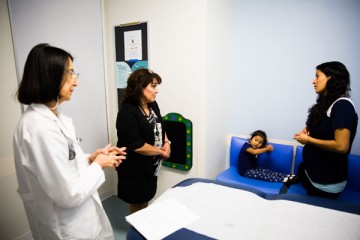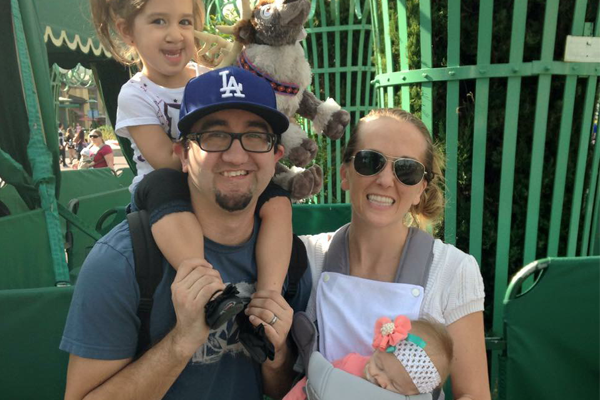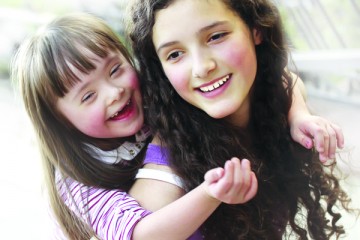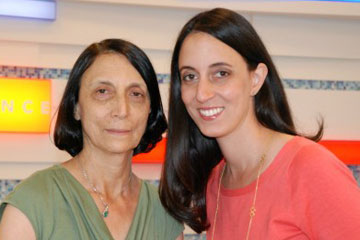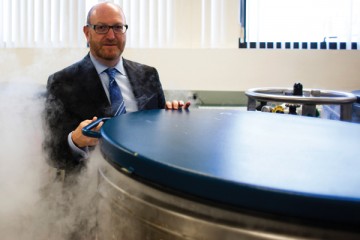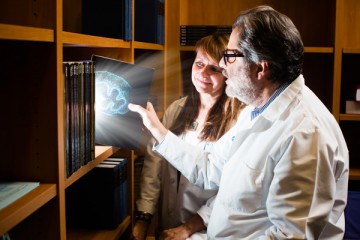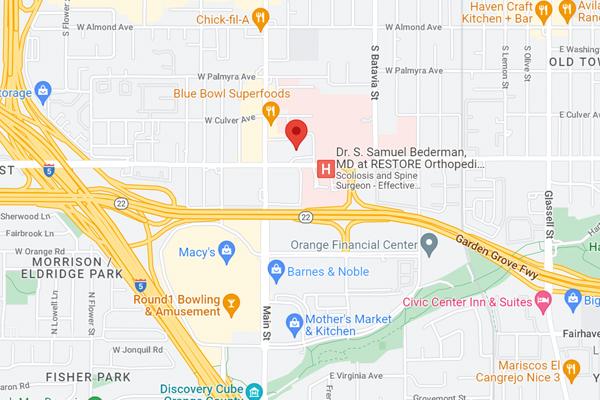After your child’s genetic evaluation, our genetic specialist may recommend a genetic test, and will explain the test in easy-to-understand terms. The following genetic tests are commonly used for children.
Diagnostic Testing
Most of the genetic tests performed on children at CHOC are done for diagnostic reasons. Diagnostic testing is used to identify or confirm the diagnosis of a disease or condition in a person or a family. Diagnostic genetic testing often gives a “yes” or “no” answer, but not always. This testing can be helpful in determining the course of a disease and the choice of treatment or support. Examples of diagnostic testing include chromosome analysis–which looks for chromosomes that are extra or missing–and gene testing (sequencing), which determines if the molecular sentence of a gene is correct (i.e. if the letters of DNA in the gene are in the appropriate order). To test chromosomes, we use a sample of blood. For testing genes, we may take samples of a child’s blood or saliva, or swab the inside a child’s cheek (buccal swab).
Newborn Screenings
Screenings are performed on newborns soon after birth at every hospital in California. This screening tests for about 80 different genetic conditions. If a baby tests positive for any of these conditions, the test results are sent to labs throughout the state for further evaluation, including the
CHOC Children’s Metabolics Lab. From there, the metabolics team at CHOC, along with the genetics team, is available to help you manage any condition that your baby may have.
Learn more about metabolic tests at birth.
Prenatal Screening and Prenatal Diagnosis
Prenatal screening and diagnosis methods are used to diagnose a genetic disease or condition in the developing fetus. This includes maternal serum screening, prenatal ultrasound (sonograms), amniocentesis, chorionic villus sampling (CVS), and percutaneous umbilical blood sampling (PUBS).
Learn more about prenatal genetic screening and prenatal diagnostic testing.

